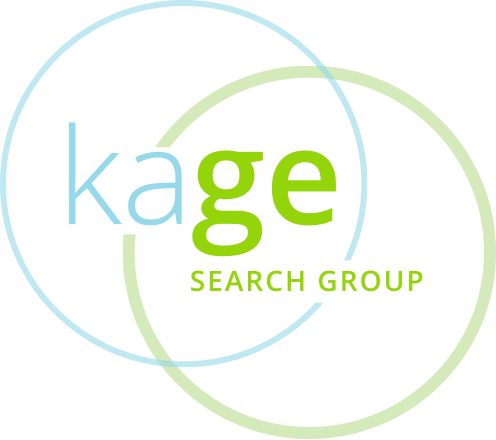Tips to make your interview a success
Prior to the interview, visit the company’s website, and if possible, any recent newspaper articles. By doing this, two things will be accomplished. First, it will give you tools to learn as much information about the company as possible. Second, it will allow you to ask this important opening question:
“Thank you very much for meeting with me today. I am somewhat familiar with your company and your great reputation. I’ve had a chance to look at your website and have read about your latest achievements (be specific) in the Wall Street Journal. Can you tell me a little more about the company and the skills that you are looking for in someone to do the job that I am interviewing for?”
By asking this question, in this exact way, you will impress the interviewer and let him/her know you have taken the time to learn more about the company. This question will make it much easier for you to discuss the strengths and skills you possess that are best suited for this position. It is a very effective way to begin the interview.
Somewhere along the line, the hiring manager is going to ask you a question like:
- What are your strengths?
- What can you bring to our organization?
- Based on what you have heard about the position, why would you be a good fit?
Think about how you would answer these questions before the interview and WRITE IT DOWN.
Get a blank piece of paper and do the following exercise. Draw three columns (like a tic-tac-toe grid). At the top of column 1 write “Features”; at the top of column 2 write “Accomplishments”; and at the top of column 3 write “Benefits”.
Features are the answers to the above stated questions. List three facts in column 1 about what you believe are your strengths. Accomplishments are the quantifiable details that give examples of the strengths you have listed. Benefits are the immediate result the employer would realize from the application of your strength. What’s in it for the employer! Create 3 stories using the grid that demonstrate what you can bring to the company. Even in this day and age, an interviewer might ask you about your biggest weakness. In truth, it is a very simple question to answer, but tends to get people very tongue-tied and flustered. In my experience, I have found that this question is usually used as a stress test. It is designed to see how someone reacts under pressure. The best way for you to answer this question is by making a strength sound like a weakness. Sounds complicated – but I promise you it’s not.
“I think my greatest weakness is that I’m very dedicated to doing my job well, and usually lose track of time until I’ve finished what I’ve started.”
It’s a simple answer to a difficult question, and although this might seem like a weakness to someone’s spouse/significant other, all this tells the interviewer is that you’re a very hard worker and don’t mind putting in long hours if needed. By answering this question in a calm manner, you have shown that you can react well under pressure, and the interview can move onto something more important.
Questions
You are judged as much by the questions you ask as the answers you give. Think about the questions you want to ask and list them on a piece of paper. This will help you be prepared for the interview.
Here are some examples of questions:
- Have some strategy-based questions based on the research you did on the company.
- Ask “What is it going to take for me to be the #1 (position) on your team next year?”
- What is the first major project that you would give me to do unsupervised within the first 90 days?
- What other questions would you like to ask?
When you feel the interview is winding down, you want to do a trial close just to take the temperature of how it’s going so far. Everyday people miss out on their dream job because there was a hidden objection that was not addressed. By asking one of the following questions you might get a chance to uncover that objection and address it.
Most Important Question:
Mr. Smith, I want to thank you for taking time to meet with me today. I want you to know that I am very interested and excited about this opportunity. In your opinion, do my skills meet the requirements that you are looking for?
This is a very important question, because it allows you to know exactly where you stand at the end of the interview. You want to hear the interviewer say “yes”. If the interviewer says yes, then you should ask what the next step would be. If the answer is no, chances are you have left something out and will need to go back and clarify any discrepancies. This is your last chance to sell your skills and show that you are the right person for the job.
If the answer is “yes”, follow up with a close:
- Great, when can we get together again? Wait for an answer.
- I’m excited about this opportunity and the organization. I could see us working successfully together. What do we need to do to get me onboard?
- Great, when can I start?
